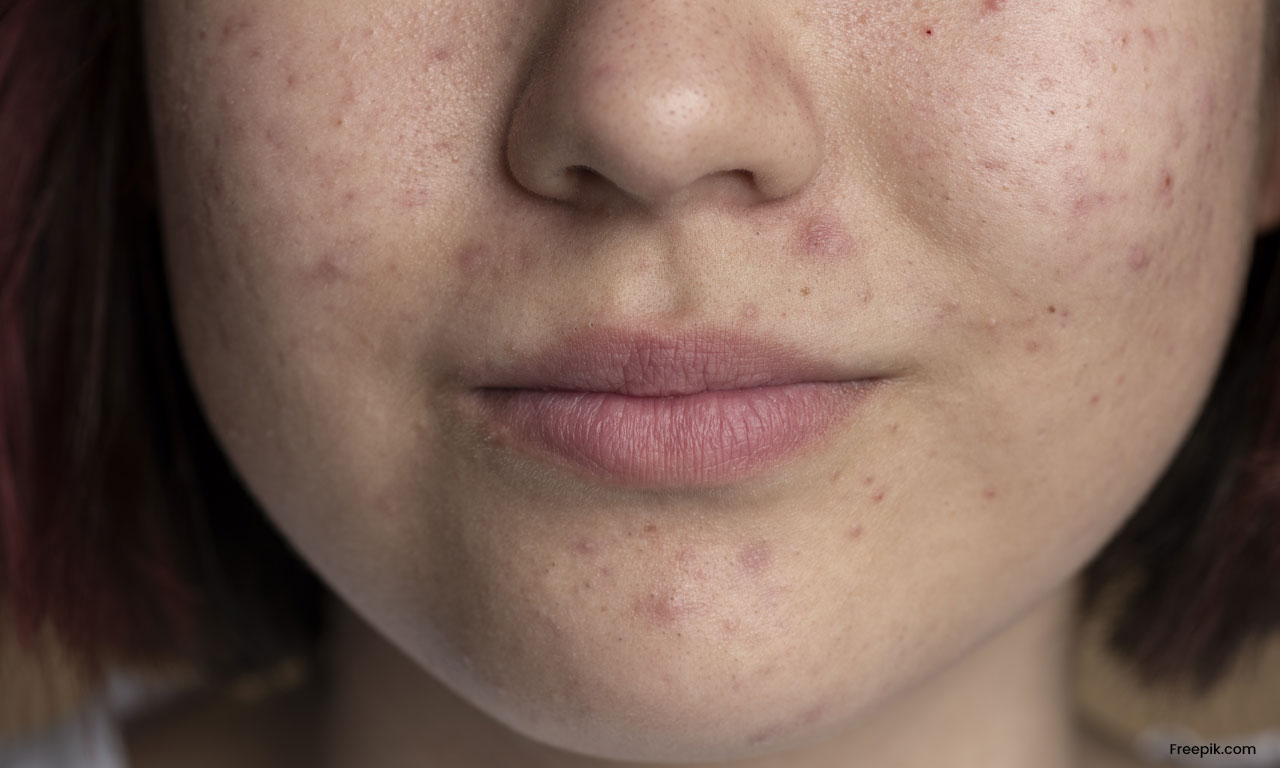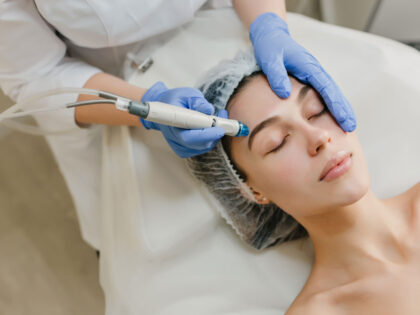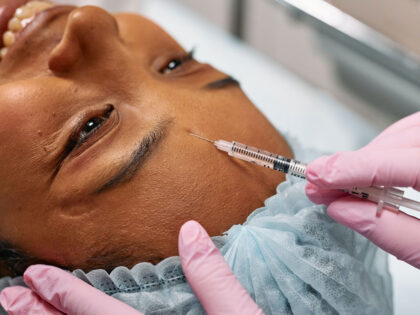Acne: Causes, Prevention, and Treatment Options
-
admin
- Posted on

Introduction
Acne, a common skin condition that affects people of all ages, can be a source of frustration and self-consciousness. It occurs when hair follicles become clogged with oil and dead skin cells, leading to the development of pimples, blackheads, and whiteheads. While it’s a widespread issue, understanding the causes, prevention strategies, and available treatment options can help you manage and even reduce the impact of acne on your life.
Causes of Acne
Acne can be attributed to a variety of factors, and its development often involves a combination of these causes:
- Excess Sebum Production: The skin’s oil glands can become overactive, leading to excessive sebum (oil) production. This excess oil can clog pores and create an environment conducive to acne development.
- Clogged Pores: When dead skin cells accumulate and mix with excess oil, they can form a plug in hair follicles, leading to blackheads and whiteheads.
- Bacterial Infection: The bacteria Propionibacterium acnes, commonly found on the skin, can thrive in clogged hair follicles and contribute to inflammation and acne breakouts.
- Hormonal Fluctuations: Hormonal changes during puberty, menstruation, pregnancy, or certain medical conditions can trigger acne, as they can increase sebum production.
- Diet and Lifestyle: Poor dietary choices, stress, and lack of proper skincare can exacerbate acne. High-glycemic diets and dairy products have been linked to acne development.
Preventing Acne
While some factors leading to acne are beyond your control, there are several steps you can take to help prevent or reduce its occurrence:
- Maintain a Healthy Skincare Routine: Regular cleansing, exfoliation, and moisturizing can help keep your skin healthy and reduce the risk of acne.
- Balanced Diet: Incorporate a diet rich in fruits, vegetables, and whole grains while reducing your intake of sugary and high-glycemic foods.
- Stay Hydrated: Proper hydration is essential for overall skin health.
- Stress Management: High-stress levels can worsen acne, so practicing stress-reduction techniques like yoga or meditation can be beneficial.
- Avoid Overuse of Cosmetics: Some makeup and skincare products may clog pores. Choose non-comedogenic products and remove makeup before bed.
- Limit Sun Exposure: While some sun exposure may temporarily improve acne, excessive sun can damage the skin and worsen the condition. Always use sunscreen when outdoors.
Treatment Options
If you already have acne, various treatment options are available to help manage and reduce its severity:
- Over-the-Counter (OTC) Topical Treatments: These products typically contain ingredients like benzoyl peroxide, salicylic acid, or alpha hydroxy acids, which can help unclog pores and reduce inflammation.
- Prescription Topical Medications: A dermatologist may prescribe stronger topical medications like retinoids or topical antibiotics for more severe cases.
- Oral Medications: In cases of moderate to severe acne, your healthcare provider might recommend oral antibiotics or hormonal therapies, especially for women with hormonal acne.
- Laser and Light Therapies: Various light-based treatments, like laser therapy and photodynamic therapy, can target and destroy acne-causing bacteria and reduce inflammation.
- Chemical Peels: Chemical peels can exfoliate the skin’s top layer, promoting the growth of new, healthy skin.
- Extraction: A dermatologist can perform manual extraction of blackheads and whiteheads using specialized tools.
- Isotretinoin: Reserved for severe cases of acne, isotretinoin is a powerful oral medication with potential side effects and requires close monitoring by a healthcare professional.
It’s important to remember that acne treatment should be tailored to your specific needs and can take time to show results. Consulting a dermatologist can help you identify the best treatment plan for your unique situation.
Conclusion
Acne is a common skin condition that affects people of all ages, but it can be managed and, in many cases, effectively treated. Understanding the causes of acne, practicing prevention strategies, and exploring the available treatment options can help you maintain clear and healthy skin. Don’t hesitate to seek professional advice if you’re struggling with persistent or severe acne, as a dermatologist can provide personalized guidance and treatment plans to address your specific needs.






